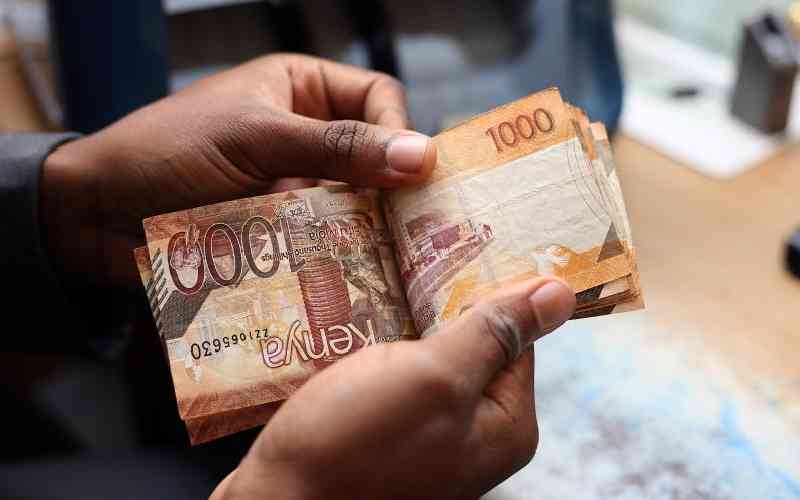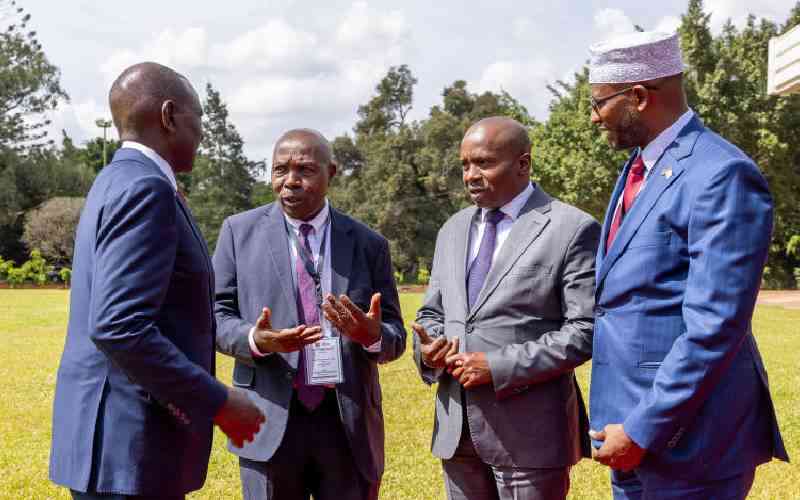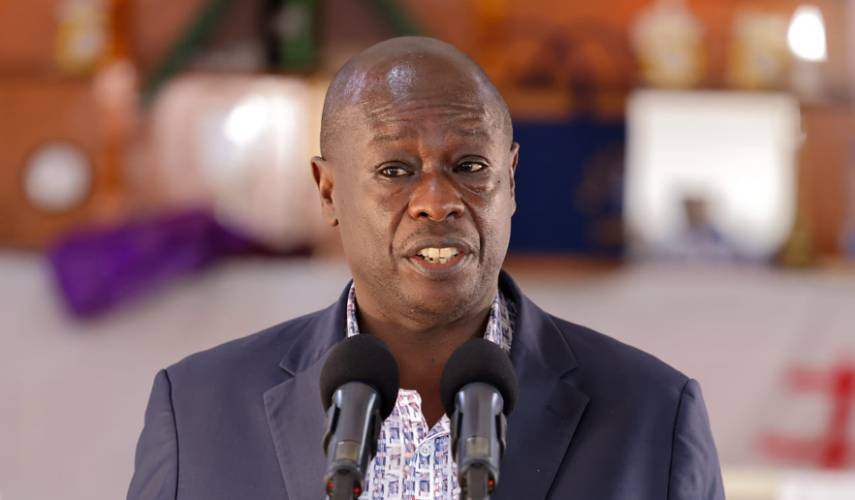
As the debate on the contentious Finance Bill, 2024 rages on, schools, colleges and universities are facing unprecedent financial crunches unseen in recent history.
Diminished capitation, inadequate and delayed disbursements of funds by the government are affecting delivery of services in the education sector. Many universities are unable to procure goods and services to bridge the period between now and start of the next financial year.
Some have closed while others, although remaining open to allow students finalise their examinations, are providing the very basic services for survival. When times were good, universities used this period and after their closure to make repairs, renovations and general maintenance and beautification of the various campuses.
They also replaced broken furniture and other university resources to ready the institutions for the reporting of new and continuing students every September. Lately, many universities have been experiencing financial shortages resulting from reduction of allocations to them and delayed disbursements making most of them suspend new procurements.
Although the semesters have or are about to end, many students have not received all their loans/scholarships this semester and capitation has been slow in coming. Funding for education has exponentially been reduced, yet it is critical because besides it is the means by which we can end poverty, ignorance and disease, and achieve sustainable development goals (SDGs) by 2030. SDG four (4) specific to education aims to “ensure inclusive and equitable quality education and promote lifelong learning opportunities for all.”
Yet, according to United Nations, the world is falling behind in achieving quality education with 84 million children and youth likely to drop out of school if additional measures are not taken by 2030. These measures include adequate and timely funding and investment in education. Also, without serious interventions, 300 million students will lack basic literacy/numeracy skills and only 1 in 6 countries will achieve universal secondary school completion targets. Statistics in Kenya are quite discouraging as many schools affected by flooding are damaged and remain closed while the fate of learners is unclear, this is a ticking time-bomb.
The UN found that low and lower-middle income countries face nearly $100 billion financial gap to reach their education targets. This is partly because the Covid-19 pandemic had caused learning losses although we were well on the way to recovery when natural disasters such as drought and recent flooding further complicated our already precarious situation.
The newly introduced funding models caused delays in disbursement of funds to universities, which have greatly undermined operations and many students have not received their loans and scholarships.
This is compounded by the ever increasing taxation and high costs of living with most parents/guardians unable to feed and provide basic needs of their families let alone paying fees and accommodation for their children in universities, preferring to focus on the younger ones.
The new taxes and levies proposed in the 2024 Finance Bill will obliterate any gains made in the education sector as parents/guarding are facing real dangers of job losses resulting from employers’ diminished capacities to sustain large workforces. This will have a ripple effect across sectors, not just in education.
Already, employees and employers have been tightening their belts as they cough up housing levy, many other taxes and now will have to pay for SHIF. Many Kenyans are praying that the government will hear and feel their cries expressed through public participation.
Hopefully, the government will experience a change of heart and abandon the proposed new taxes and levies in the 2024 Financial Bill. Kenyans are sounding alarm bells on the tremendous damage these taxes will have on their socio-economic health and wellbeing.
Finally, over taxation of employees especially on their gross income might lead to employees leaving employment and seeking other informal sources of livelihoods thereby denying the government revenue.
Stay informed. Subscribe to our newsletter
 The Standard Group Plc is a
multi-media organization with investments in media platforms spanning newspaper
print operations, television, radio broadcasting, digital and online services. The
Standard Group is recognized as a leading multi-media house in Kenya with a key
influence in matters of national and international interest.
The Standard Group Plc is a
multi-media organization with investments in media platforms spanning newspaper
print operations, television, radio broadcasting, digital and online services. The
Standard Group is recognized as a leading multi-media house in Kenya with a key
influence in matters of national and international interest.
 The Standard Group Plc is a
multi-media organization with investments in media platforms spanning newspaper
print operations, television, radio broadcasting, digital and online services. The
Standard Group is recognized as a leading multi-media house in Kenya with a key
influence in matters of national and international interest.
The Standard Group Plc is a
multi-media organization with investments in media platforms spanning newspaper
print operations, television, radio broadcasting, digital and online services. The
Standard Group is recognized as a leading multi-media house in Kenya with a key
influence in matters of national and international interest.









